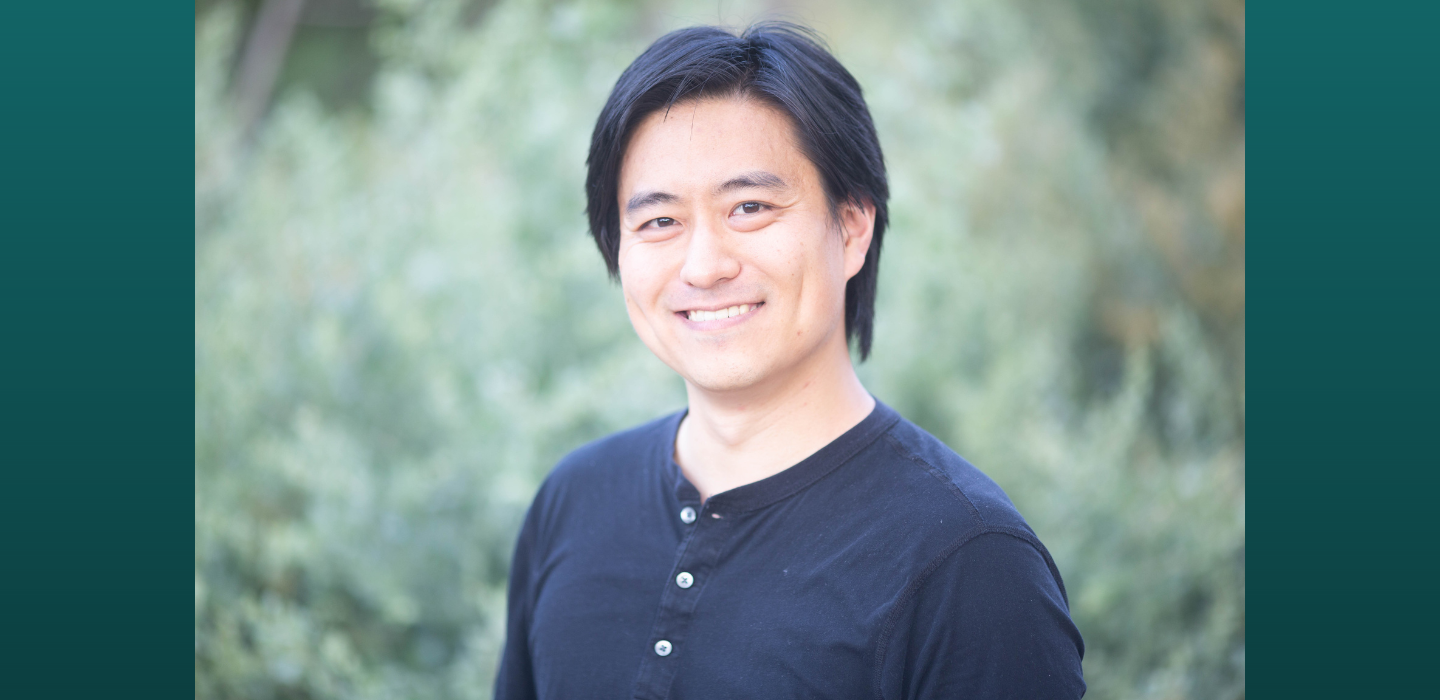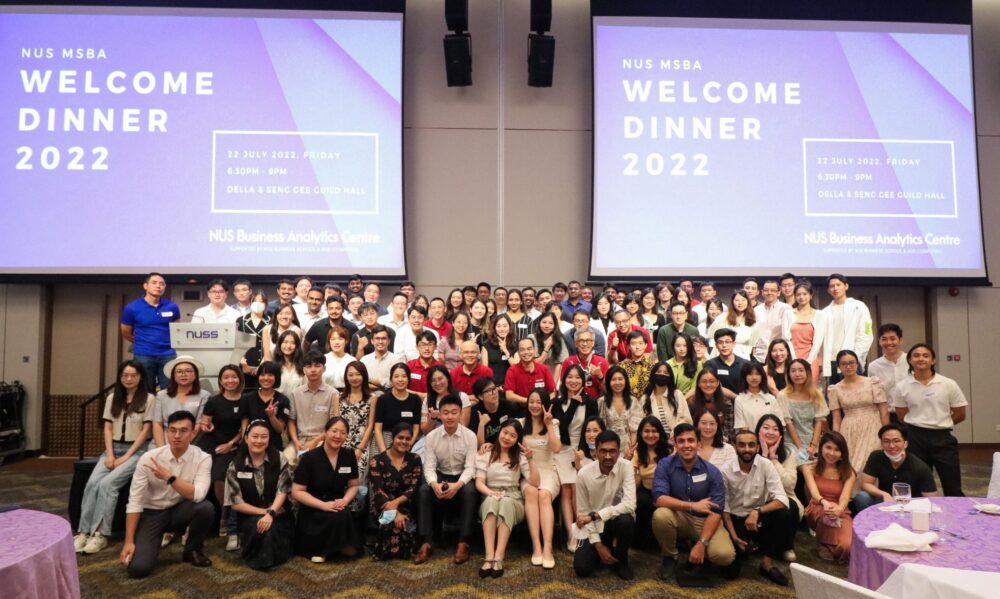“I believe ASEAN has the right mix of people and drive to be equally dynamic as Silicon Valley in the 21st century. Add the mixture of narratives, language and culture, and I have a lifetime of learning to immerse in,” says Japanese American Kyle Asano, a student from the NUS Master of Science in Business Analytics (MSBA) programme. He tells BIZBeat about his learning experience thus far.
Q: You were already a data scientist working in Silicon Valley, what inspired you to move across the globe to take up the NUS MSBA?
In short, the NUS MSBA was the right confluence of technical learning and personal enrichment. As someone who started as a data analyst with no science, technology, engineering and mathematics (STEM) background, much of my learning was on-the-job learning. I rapidly applied frameworks and code without contemplating the deeper motivation. I knew the programme had the right calibre of curricula while also staying on top of new frameworks, so returning to studies was an easy choice.
The alumni of the NUS MSBA also come from a mixture of software and non-technology industries, precisely what I was looking for. Prior to the programme, I had the good luck of working at a software startup that grew from 40 people to 640 in five years, so I had my share of a “hockey stick growth story”. I am now looking for the intellectual stimulation of applying data science to physical world problems, a harder but highly impactful area.
Personally, it’s been my long-time goal to return to Southeast Asia! Ever since I interned in Singapore in 2013 and Jakarta in 2014, I believe ASEAN has the right mix of people and drive to be equally dynamic as Silicon Valley in the 21st century. Add the mixture of narratives, language, and culture, and I have a lifetime of learning to immerse in.
Q: Were there hesitations about the move?
The biggest unknown was the pandemic and its effects. When I started the programme in August 2021, it wasn’t clear how soon the Safe Management Measures (SMMs) would ease and how long cross-border business activity would be muted (and with that, the impact on career prospects).
Adding to that was the opportunity cost—I wondered what kind of on-the-job learning I would sacrifice if I went back to university studies.
I’m glad I was wrong on both counts! Even though SMMs dictated hybrid learning, the arrangement reinforced collaboration with our part-time MSBA students and brought a sharper focus on technical learning. Similarly, NUS raised the bar—the rigour and range of modules at the MSBA exceeded what I could have done in the industry.
Q: How is your life like as an MSBA student?
It’s a great mix of driven classmates, constant intellectual stimulation and experimenting with new models/frameworks that the developer community and academia are creating. Data science is a broad field, and my daily motivation is seeing my peers from various walks of life (marketers, bankers, developers, even civil engineers) try out new projects in visualisation, machine learning, engineering and analysis.





